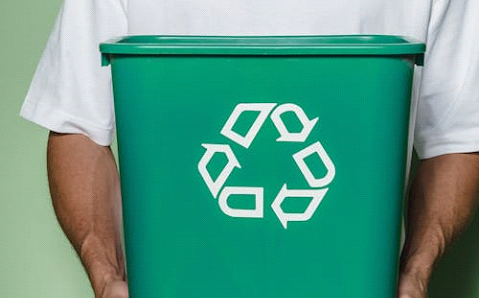The new UK government’s decision to bring forward plans for the nationwide Deposit Return scheme (DRS) will boost the country’s waste management sector and also accelerate the transition to a low-waste circular economy, according to ISB Global, the UK-based provider of planning software for waste management operators worldwide.
In a statement earlier this month, Nature Minister Mary Creagh, whose responsibilities include the circular economy, confirmed that the new Labour government plans to implement a UK-wide deposit return scheme (DRS) for PET (polyethylene terephthalate) bottles and steel and aluminum beverage cans, ahead of the date originally proposed by the previous Conservative government in March, which was October 2027.
Plans for a deposit return scheme, similar to those already in use in countries across Europe and beyond, were originally announced in 2018 and then incorporated into the then government’s Environment Act 2021.
However, the scheme has been delayed several times, most recently in April this year due to the complexities of harmonizing policy between the devolved administrations of Northern Ireland, Scotland and Wales with England.
Commenting on the decision, Matt Gawn, Market Intelligence Officer at ISB Global, said that the DRS is long overdue for implementation in the UK.
Deposit-based recycling schemes have been operating effectively in other European countries and elsewhere for over 20 years, and their benefits are clear.
In some cases, these schemes have achieved recycling rates of 90% or more.
In addition, he asserts that. “by adding a financial value to recyclable items, a deposit scheme incentivizes people to change their behavior and hopefully become more responsible in disposing of their used plastic and metal packaging. In short, if they don’t recycle, they lose money. This could motivate people to think more generally about what we all throw away and how much we throw away, including how many items we send to landfill and the harmful effect this waste has on the health of our environment.”
The government’s confirmation means that companies involved in the value chain – manufacturers, retailers and waste management operators – can now properly commit to planning and investing in the physical infrastructure and IT systems needed to support a depot scheme, from in-store collection points to consumer payments.
These same companies also need to implement or expand existing underlying technologies and processes that efficiently and automatically plan, record, track and redistribute materials collected through the scheme for eventual recycling and secondary reuse.














